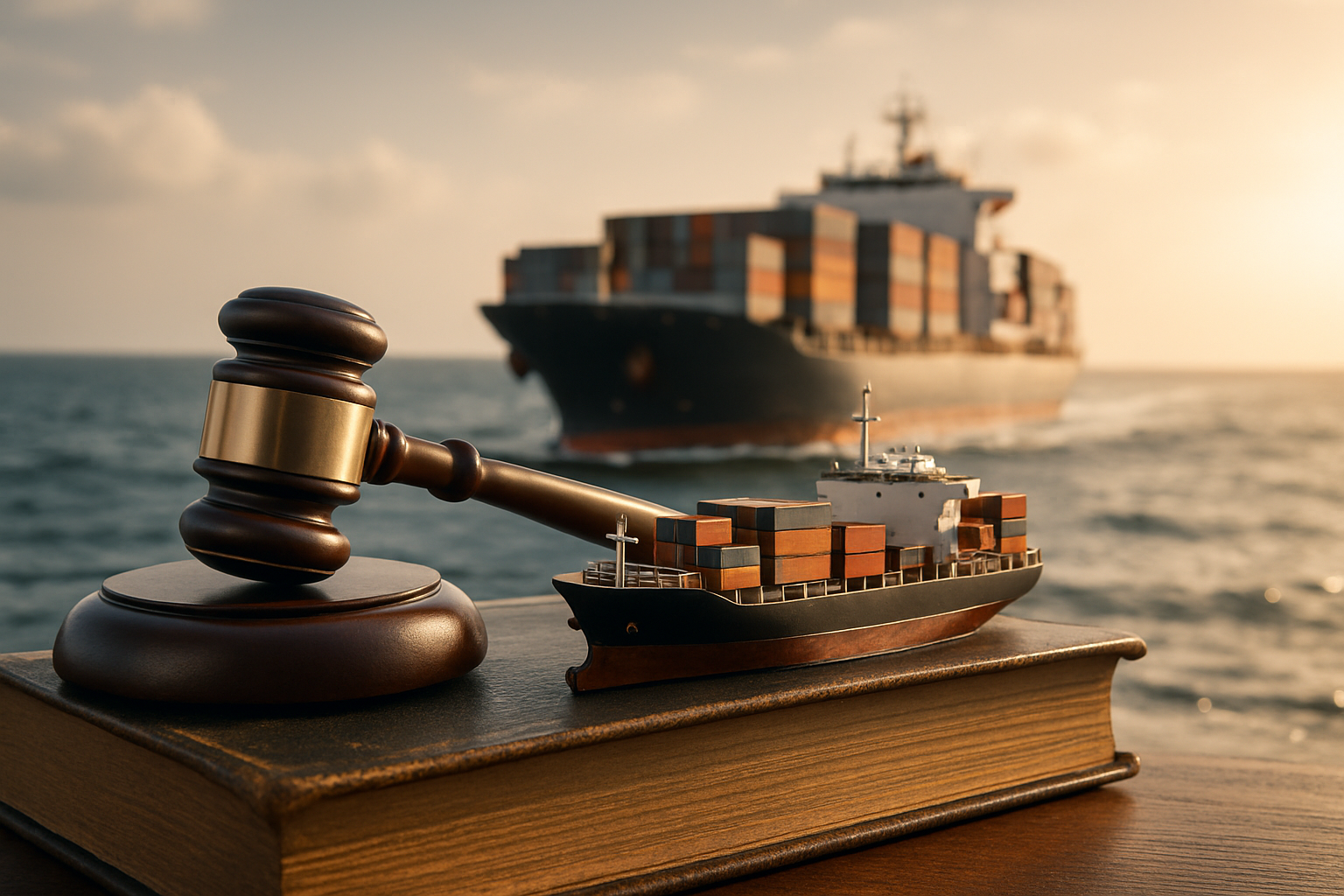The Intricacies of Maritime Law in International Waters
Introduction: In the vast expanse of the world's oceans, a complex web of legal principles governs the interactions between nations, vessels, and individuals. Maritime law, particularly as it applies to international waters, presents a fascinating intersection of national sovereignty, global cooperation, and centuries-old traditions. This article delves into the nuances of maritime law beyond territorial seas, exploring its evolution, current challenges, and future prospects.

The Concept of International Waters
The notion of international waters, or high seas, is fundamental to modern maritime law. These areas, which lie beyond the territorial seas and exclusive economic zones of coastal states, are not subject to the jurisdiction of any single nation. The principle of mare liberum, or freedom of the seas, as proposed by Dutch jurist Hugo Grotius in the 17th century, forms the philosophical underpinning of this concept. It asserts that the open ocean should be free for all nations to use for navigation and trade.
United Nations Convention on the Law of the Sea
The most comprehensive framework for maritime law in international waters is the United Nations Convention on the Law of the Sea (UNCLOS), adopted in 1982. This treaty codifies customary international law and establishes guidelines for business, the environment, and the management of marine natural resources. UNCLOS defines various maritime zones, including territorial seas, contiguous zones, exclusive economic zones, and the high seas. It also addresses issues such as navigation rights, archipelagic status, and continental shelf jurisdiction.
Challenges in Enforcing Maritime Law
Enforcing maritime law in international waters presents unique challenges. The vastness of the oceans and the principle of flag state jurisdiction often complicate legal proceedings. Under international law, vessels on the high seas are subject to the exclusive jurisdiction of the state whose flag they fly. This can lead to difficulties when crimes are committed on board, or when vessels are involved in illegal activities like piracy or human trafficking. The international community has responded with initiatives like the Convention for the Suppression of Unlawful Acts against the Safety of Maritime Navigation, which aims to ensure that appropriate action is taken against persons committing unlawful acts against ships.
Environmental Protection and Resource Management
Maritime law in international waters increasingly focuses on environmental protection and sustainable resource management. The International Maritime Organization (IMO) has been instrumental in developing conventions to prevent marine pollution, such as the International Convention for the Prevention of Pollution from Ships (MARPOL). Additionally, UNCLOS provides a framework for the conservation and management of living resources in the high seas. However, emerging issues like deep-sea mining and the exploitation of genetic resources in areas beyond national jurisdiction continue to challenge existing legal frameworks.
The Future of Maritime Law in International Waters
As technology advances and global commerce evolves, maritime law in international waters faces new frontiers. The rise of autonomous vessels, for instance, raises questions about liability and the application of existing regulations. Climate change and its effects on sea levels and Arctic ice melt are also reshaping the maritime landscape, potentially altering shipping routes and access to resources. These developments will likely necessitate further refinement and expansion of international maritime law to address novel situations and ensure the sustainable use of the world’s oceans.
In conclusion, maritime law in international waters represents a dynamic and crucial area of international law. Its evolution reflects the ongoing need to balance the interests of individual nations with the collective good of the global community. As we navigate the challenges of the 21st century, the principles and practices of maritime law will continue to play a vital role in maintaining order and promoting cooperation on the high seas.






